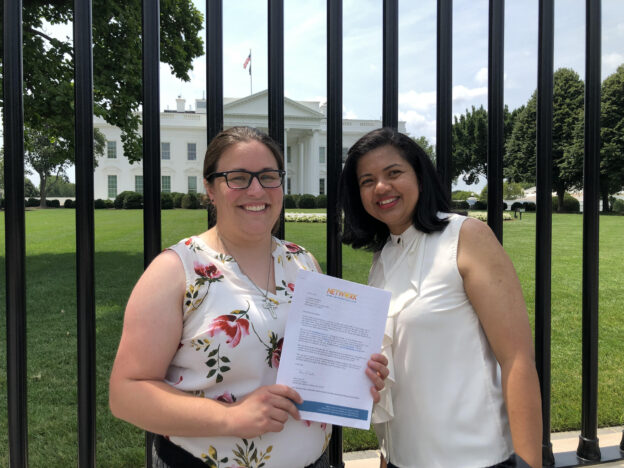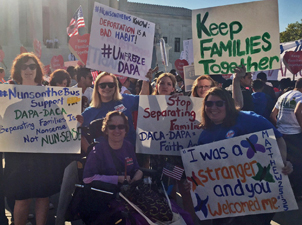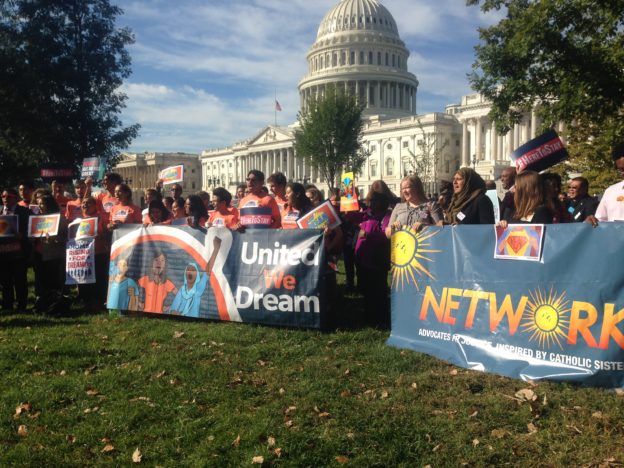
New Report from Kino Border Initiative and NETWORK
Trey Espinosa
August 25, 2021
“Due Process Denied,” a new joint report from Kino Border Initiative (KBI) and NETWORK Lobby for Catholic Social Justice, documents patterns of abuse by the Customs and Border Protection (CBP) agency in the Nogales sector. The purpose of this report is to provide a snapshot of what occurs at the border and to press for external oversight to end CBP’s systemic culture of abuse of migrants.
The report details 35 cases of complaints against CBP agents. The abuses range from migrants being denied due process, such as not given an opportunity to seek asylum or destruction of documentation, to outright physical violence. The victims are men, women, and children and all from Latin America or the Caribbean. Almost all of the abuses documented here are in the Arizona sector but both Kino and NETWORK can say with confidence that this snapshot is the latest of numerous reports highlighting CBP’s systemic pattern of abuse which violates U.S. laws and regulations, as well as international law all along the border.
All of the immigrants who were interviewed in this report came to the United States hoping to escape persecution or violence in their home countries. Many of them directly told the CBP agents that they are desperate to evade abusive partners, organized gang activity, extortion, and/or political strife. However, none of them, were referred to an Asylum Officer of the US Citizenship and Immigration Services (USCIS) as is required by law.
As members of Congress continue to push for increased funding for CBP and the Biden administration increasingly relies on CBP to do the work of asylum officers and trained Health and Human Services (HHS) employees, this report demonstrates that CBP is not the appropriate agency to afford migrants the due process guaranteed to them by law; rather, it is woefully inadequate in such a role. The Biden administration and Congress must exercise all their powers and initiate external oversight mechanisms over CBP that will end impunity and change the systemic culture of abuse within the CBP.







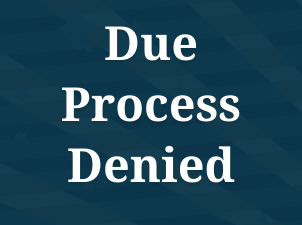
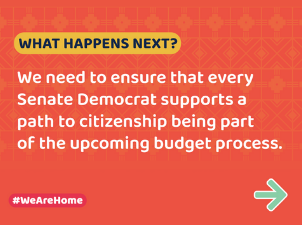

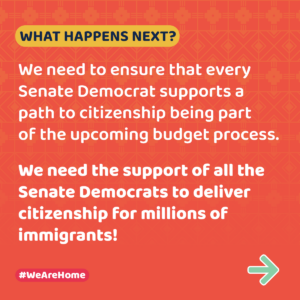 This week, Democratic Congressional leadership continues debating what will be included in the $3.5 trillion recovery package. The transformational recovery package will be passed through the budget reconciliation process, which only requires 50 Senate votes for a bill to pass and become law. This provides a unique opportunity to create a pathway to citizenship for millions of our undocumented community members that cannot be missed.
This week, Democratic Congressional leadership continues debating what will be included in the $3.5 trillion recovery package. The transformational recovery package will be passed through the budget reconciliation process, which only requires 50 Senate votes for a bill to pass and become law. This provides a unique opportunity to create a pathway to citizenship for millions of our undocumented community members that cannot be missed. 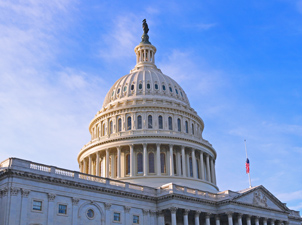


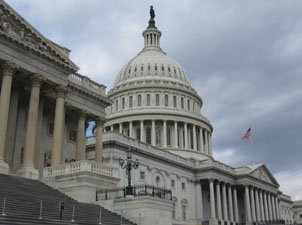
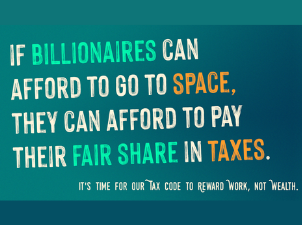
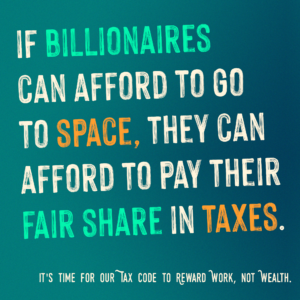 Right now, Congress is crafting their budget reconciliation proposal. Over the next weeks and months, our elected officials will decide what policy priorities to include and what to leave out.
Right now, Congress is crafting their budget reconciliation proposal. Over the next weeks and months, our elected officials will decide what policy priorities to include and what to leave out.